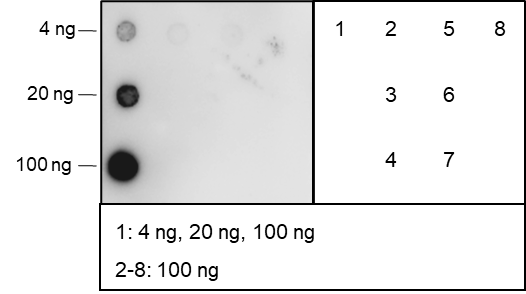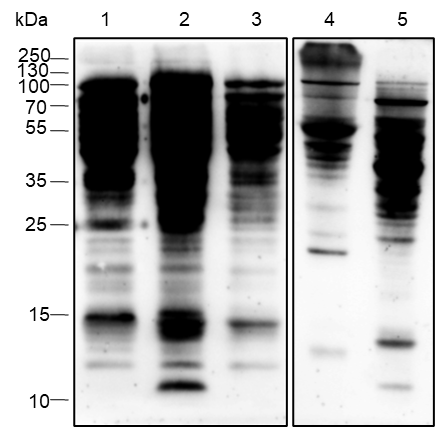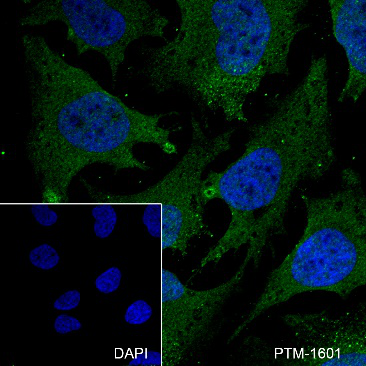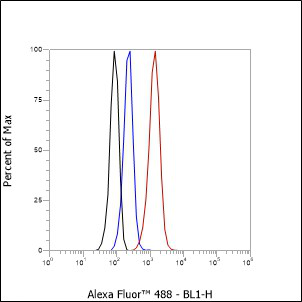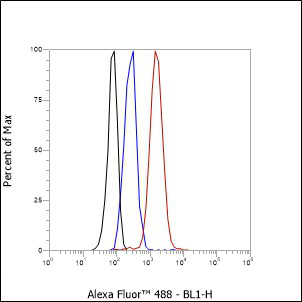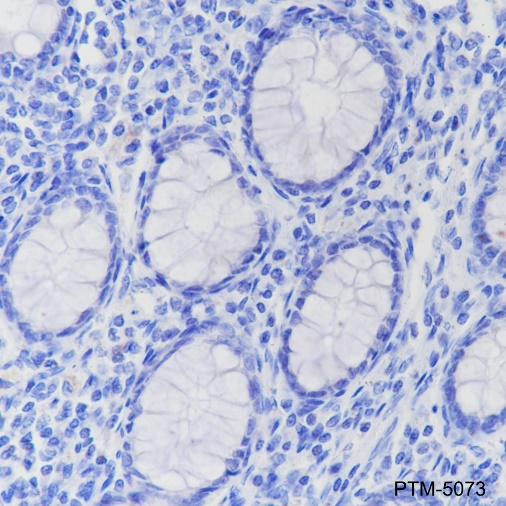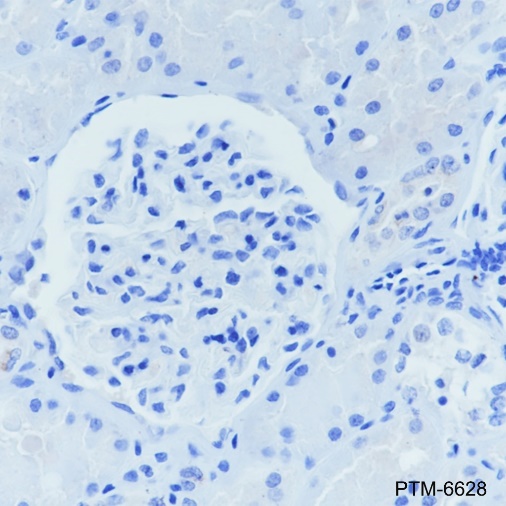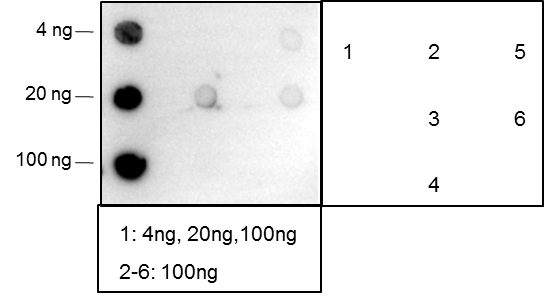Background
Protein N-terminal acetylation (Nt-acetylation) is one of the most common modifications in eukaryotic organisms. Nt-acetylation, in contrast to lysine acetylation, refers to the transfer of an acetyl (Ac-) group to the N terminus of a protein, i.e., the amino group of the first methionine in proteins. Nt-acetylation is carried out by N-terminal acetyl-transferases (NATs) using acetyl coenzyme A (Ac-CoA) as the donor of the Ac group. Protein-protein interactions are in some cases mediated or strengthened by Nt-acetylation. Nt-acetylation can also promote membrane targeting of certain proteins, through either interaction with an integral membrane protein or direct bundling with membrane lipids. Specifically, Nt-acetylation plays a critical role in controlling autophagy by finetuning multiple steps in the process.
Cellular location
Nucleus, Cytoplasm


